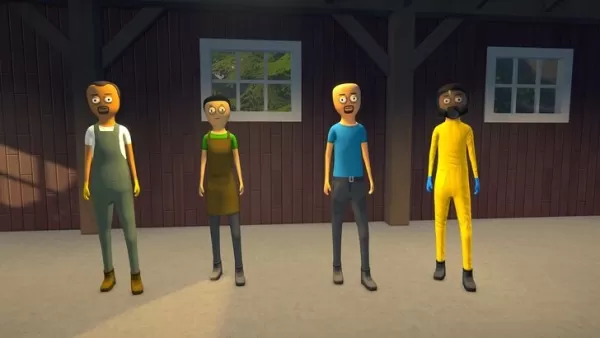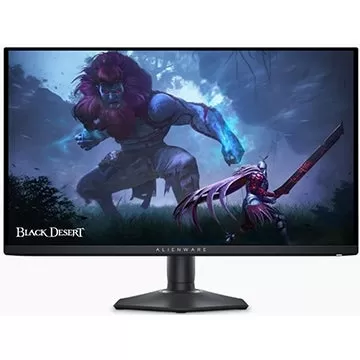Local Thunk, the developer behind the popular game Balatro, has shared an in-depth look at the game's development journey on his personal blog. In a candid revelation, he admitted to not playing any rogue-like games during the development of Balatro, with one notable exception.
As of December 2021, Local Thunk consciously decided to avoid playing rogue-like games. He explained, "I want to be crystal clear here and say that this was not because I thought it would result in a better game, this was because making games is my hobby, releasing them and making money from them is not, so naively exploring roguelike design (and especially deckbuilder design, since I had never played one before) was part of the fun for me. I wanted to make mistakes, I wanted to reinvent the wheel, I didn’t want to borrow tried-and-true designs from existing games. That likely would have resulted in a more tight game but it would have defeated the purpose of what I love about making games."
However, a year and a half later, Local Thunk broke his rule once by downloading and playing Slay the Spire. He wrote, "Holy shit, now that is a game." Initially, he played it to study the controller implementation for card games but ended up getting deeply engaged. He expressed relief at having avoided playing it earlier, stating, "Thank goodness I avoided playing it until now because I surely would have just copied their incredible design (intentionally or subconsciously)."
Local Thunk's blog post is filled with intriguing insights into the development process. He revealed that the game's working folder was initially named "CardGame" and remained unchanged throughout development. The working title for much of the project was "Joker Poker."
He also shared details about several scrapped features, including:
- A version where the only way to upgrade anything is to upgrade the cards in your deck in a pseudo-shop, allowing multiple upgrades similar to Super Auto Pets.
- A separate currency for rerolls outside of the standard system.
- A ‘golden seal’ feature for playing cards, added when skipping all blinds, which returns the card to hand after it has been played.
Local Thunk also recounted how Balatro ended up with 150 Jokers due to a miscommunication with the publisher, Playstack. He initially mentioned having 120 Jokers, but a subsequent meeting led to the number being misheard or misremembered as 150. He decided to go with the higher number, adding 30 more Jokers to the game.
The origin of his developer handle, "Local Thunk," stems from a programming joke. He shared, "My partner was learning to code in R at the time, and she asked me 'How do you name your variables?' I went on some rant about casing, using descriptive words, underscores, etc. She waits until I am finished and says 'I like to call mine thunk'. I thought that was just about the funniest thing I had ever heard. The way variables are declared in Lua is (sometimes) with the local keyword, thus local thunk was born! I wouldn’t choose this name for quite a while yet but this is the moment I looked back on when I was finally ready to create a developer handle online."
For those interested in the full story behind Balatro, Local Thunk's blog provides a wealth of information. IGN has praised Balatro, giving it a 9/10 and describing it as "A deck-builder of endlessly satisfying proportions, it's the sort of fun that threatens to derail whole weekend plans as you stay awake far too late staring into the eyes of a jester tempting you in for just one more run."

 LATEST ARTICLES
LATEST ARTICLES 












